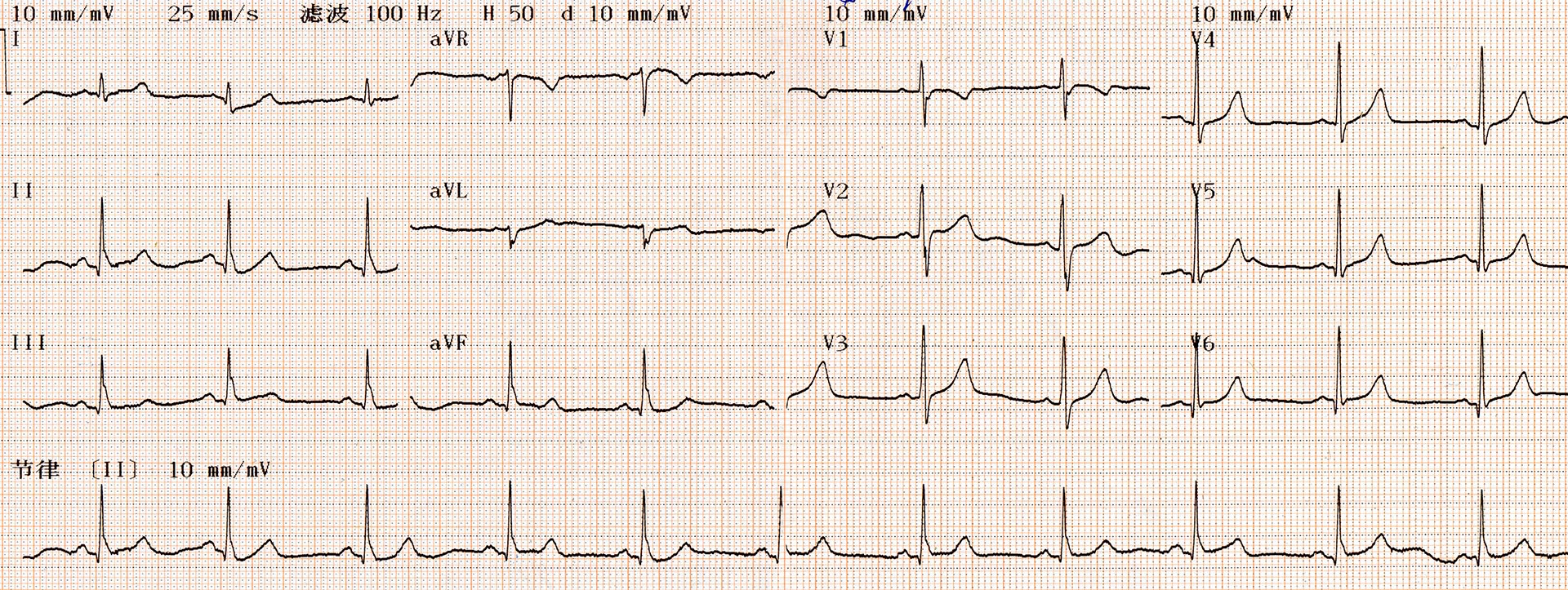Heart Disease Linked to Low Estrogen and Testosterone Levels

Low levels of estrogen and testosterone play a role in the development of cardiovascular disease, the leading cause of death among Americans.
The link is to the most common type of heart disease, coronary artery disease (CAD). CAD develops when cholesterol and other substances accumulate along arterial walls, eventually forming a plaque that narrows the arteries and impedes blood flow. Undiagnosed or poorly controlled CAD eventually weakens blood vessels, decreases blood flow and raises the risk for a heart attack or stroke.
What causes CAD? Family history along with tobacco use, high blood pressure, a sedentary lifestyle, obesity, stress and a poor diet all increase your risk. But the natural decline of estrogen and testosterone can also raise your risk, and it’s commonly overlooked.
As a woman goes through perimenopause, estrogen levels begin to drop, increasing the risk for CAD, according to Cleveland Clinic. Estrogen helps raise good cholesterol (HDL), lower bad cholesterol (LDL), relax blood vessels and absorb free radicals in the blood that can potentially damage blood vessels.
And after age 40, a man’s testosterone levels begin decreasing at the rate of one percent each year, according to the Mayo Clinic. A study published in Nature linked low testosterone with other CAD risk factors like obesity, insulin resistance, metabolic syndrome and type 2 diabetes, as well as a higher overall risk for cardiovascular disease.
Some of the main treatments for low estrogen and testosterone levels -- Hormone Replacement Therapy (HRT) for women and Testosterone Replacement Therapy (TRT) for men – have shown mixed results when it comes to heart disease risk. Some studies show the therapies protect against heart disease while others show the therapies raise risk of cardiovascular events.
(For example, a study in the British Journal of Medicine found HRT lowers the risk of heart disease, but a study published in the Journal of the American Medical Association linked its use with heart disease and breast cancer. Meanwhile a study published in the Journal of Cardiovascular Pharmacology and Therapeutics and a review in the Journal of the American Heart Association suggested TRT maintained heart health; yet studies published in the Journal of the American Medical Association and PLOS ONE found the risk of heart attack and strokes increases when taking TRT.)
“By the time you’re in your 40s, you should be living a heart healthy lifestyle to help offset the effects of waning estrogen and testosterone levels,” says Bernard Kaminetsky, MD, medical director, MDVIP. “If you’re not a candidate for HRT or TRT, you may benefit from making some changes to your diet and your lifestyle.”
For example, eating certain foods may help you improve your estrogen or testosterone levels.
Aside from maintaining appropriate hormone levels, you can also lower your risk of heart disease by working with your MDVIP-affiliated physician to make sure you are taking advantage of all the benefits offered in the practice. Your annual wellness services include a comprehensive heart and stroke screening assessment, and if necessary, advanced cardiac tests.
The results of these screenings and tests are used to help create your customized heart-healthy action plan. Additionally, your physician can work with you to help improve your lifestyle habits, e.g., managing weight, exercising, controlling stress and quitting smoking. Don’t have an MDVIP-affiliated physician? MDVIP has a nationwide network of physicians. Find a physician near you and begin your partnership in health.
This content was last reviewed and updated during February 2021.
